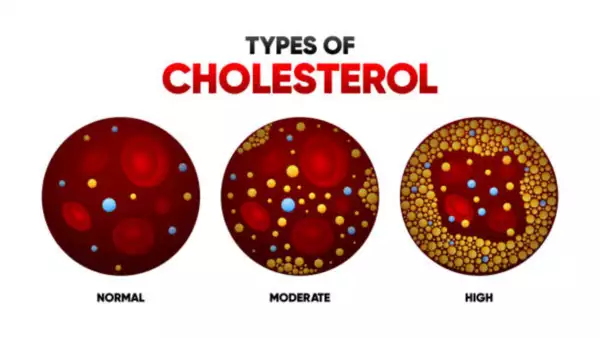Due to the intense heatwave in north India, doctors have reported an increase in lupus cases. Lupus is an autoimmune disease that carries a higher risk of multiple organ damage and primarily affects women between 15 to 45 years of age.
Dr. Lalit Duggal, Senior Consultant of Rheumatology & Clinical Immunology at Sir Ganga Ram Hospital in Delhi, informed IANS on Wednesday that 6 to 10 new lupus cases have been reported due to the heatwave.
What is Lupus?
Lupus is a chronic autoimmune disease where the immune system mistakenly attacks the body’s tissues and organs, leading to widespread inflammation and damage. It can affect various parts of the body, including the skin, joints, kidneys, heart, lungs, blood cells, and brain. The most common type is systemic lupus erythematosus (SLE), which can cause symptoms such as fatigue, joint pain, skin rashes (notably the butterfly-shaped rash on the face), fever, and organ dysfunction. The exact cause of lupus is unknown, but it is believed to result from a combination of genetic, environmental, and hormonal factors. Diagnosis involves blood tests, urine tests, and clinical evaluations due to its varied symptoms.
Factors that Can Trigger Lupus
According to Dr. Duggal, several environmental factors can trigger lupus in individuals with an underlying genetic predisposition. These triggers may include sun exposure, smoking, oral contraceptive use, postmenopausal hormones, and viral infections. Recognizable symptoms include highly photosensitive red patches over the cheeks and nose, resembling wolf bites, from which the name “lupus” is derived. Other symptoms can include ulcers in the mouth, nose, and genital area.
Treatment for Lupus
While there is no cure for lupus, treatment aims to manage symptoms and prevent flare-ups. This often includes medications such as anti-inflammatories, immunosuppressants, and corticosteroids, alongside lifestyle adjustments. With proper management, many individuals with lupus can lead active and fulfilling lives.
“Treatment depends on the severity of the disease and the type of organ affected. For example, skin involvement can be treated with the local application of sunscreen with an SPF of at least 50, and hydroxychloroquine with or without low-dose steroids. More severe cases, involving organs such as the kidneys, lungs, or brain, may require aggressive immunosuppression,” Dr. Duggal suggested.




